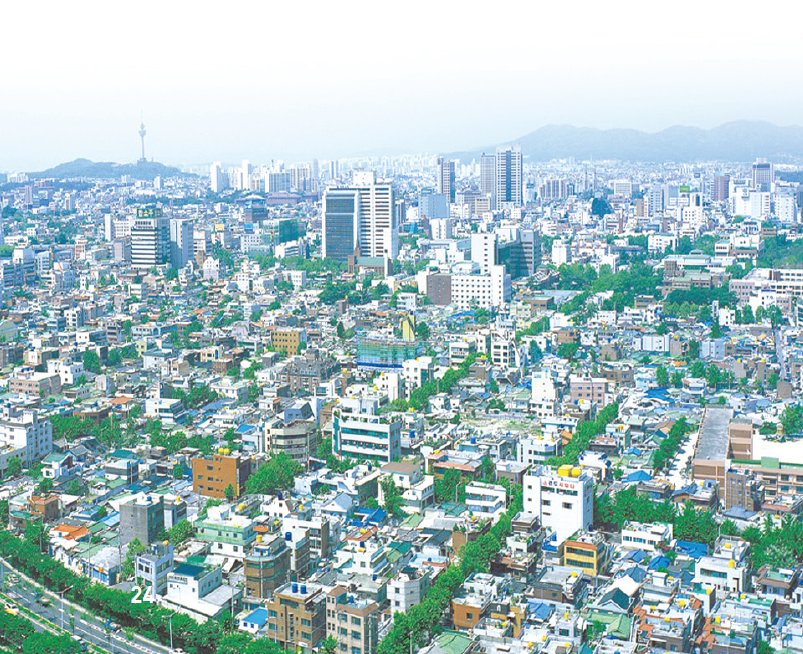MAPPING THE SPIRITUAL SENSORIUM: AN ACCOUNT OF RELIGION AND MEDIA TECHNOLOGIES IN NORTHERN INDIA
Abstract
The question of religion and its location within contemporary history is at the heart of this paper. While engaging with the after effects of the modernity project in post- colonies, much has been written about the peculiar and often conflicting shape that nationhood took in countries like India. Religion often serves as a site to confront and respond to the changes ushered by Modernities in State policies on education reforms, conjugal conduct, entertainment and other domains in India. It is then, necessary, to probe the role of religion as a social force in forming the public sphere and also to ask whether the binary of religion/science or religion/modernity holds. At the same time, new(er) forms of religious participation involving the consumption of religious media objects have evolved. These “micro-practices” of faith, sharing, belonging and affinity through consumption also pose a serious challenge to the notion of religion as transcendental only. Drawing on the framework of “aesthetic formations” or dynamic communities bound through sensorial experiences, as explained by Birgit Meyer (Meyer 2009), I attempt to map religious practice across Hindi speaking peoples from northern India and the diaspora to discover the throbbing parallel life of spiritual practice through decades in the post-colony.

